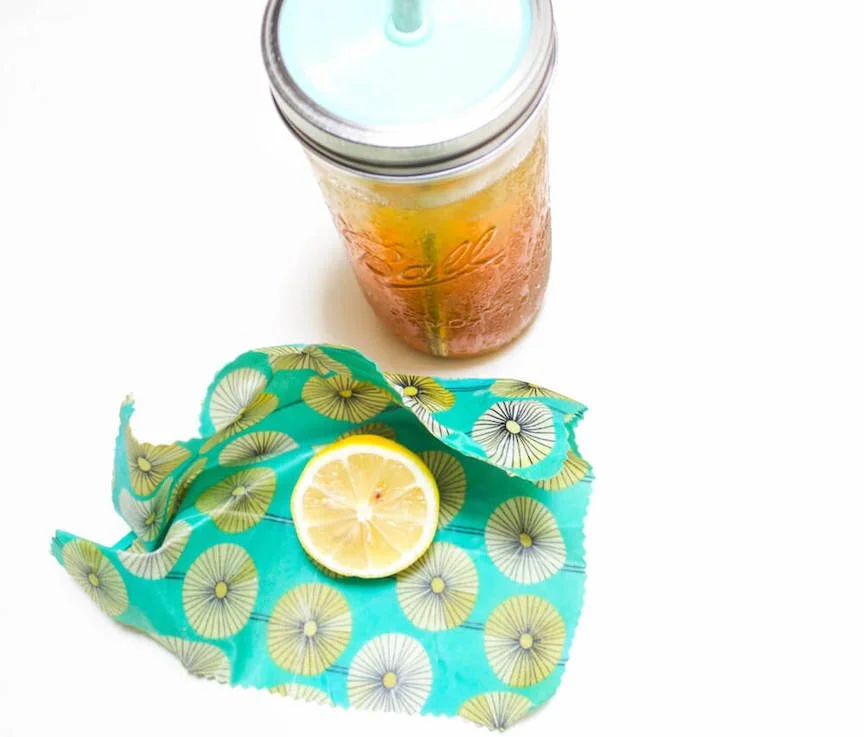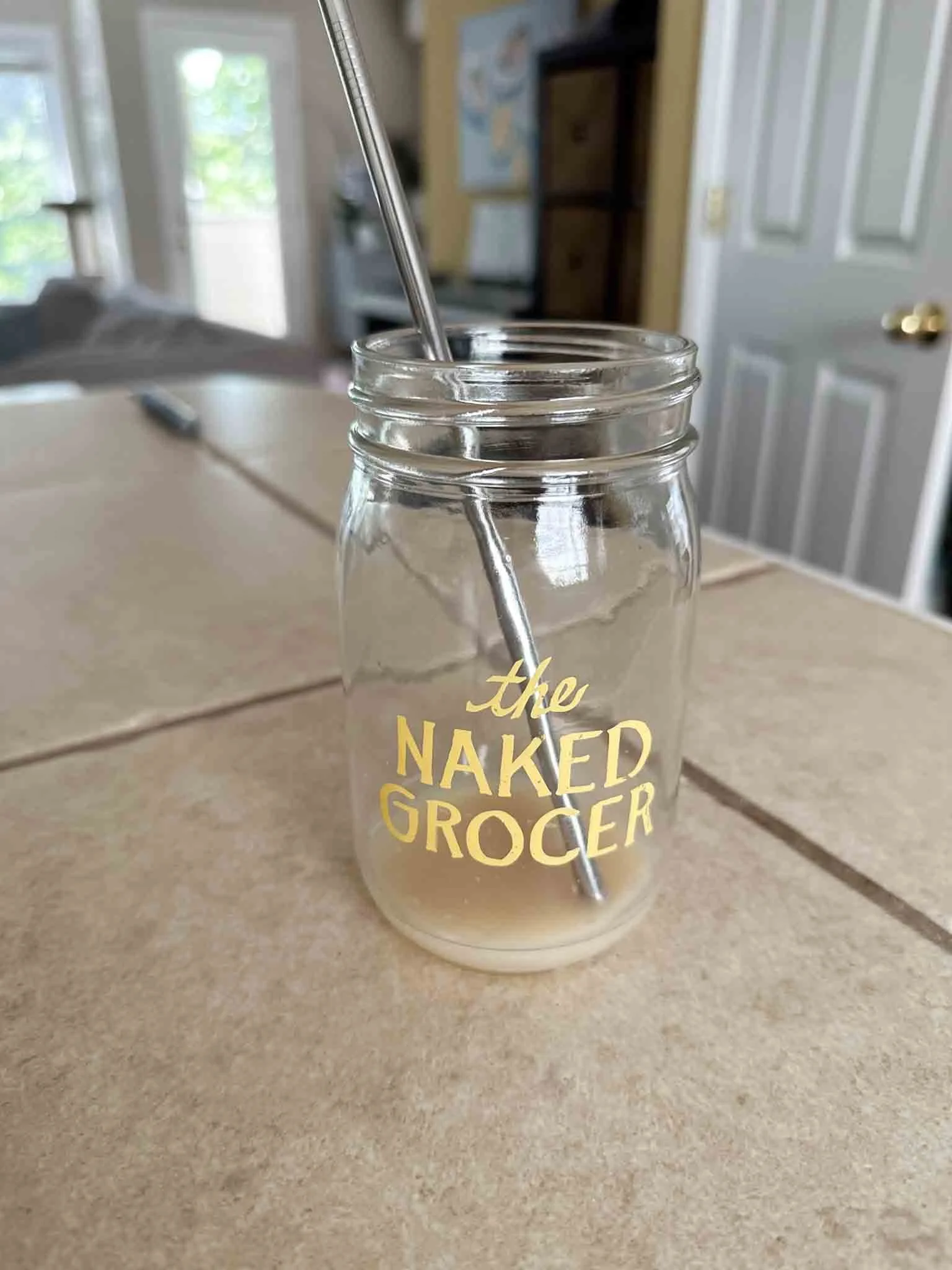My Sustainable Swap Recommendations For Low Waste Kitchens
Transitioning to a low waste kitchen doesn’t have to be overwhelming.
With just a few simple swaps, you can significantly cut down on waste while creating a more sustainable cooking space.
Whether you’re just starting your low-waste journey or looking to refine your approach, my list of eco-friendly swaps are practical, effective, and easy to integrate into your daily routine.
This post contains some affiliate links which means The Honest Consumer receives a commission from your purchase, however, this is at no additional cost to you!Thank you to Healthier Homes and Who Gives a Crap for helping to sponsor this content.
14 Easy Swaps for a More Eco-friendly Kitchen
I’ve been trying to live a low waste lifestyle for ten years and these are a few of the simple swaps I’d recommend starting with in the kitchen.
Alternatives to Paper Towels
If you find yourself reaching for paper towels multiple times a day, try to make a more sustainably choice!
Recently, I’ve been using Dream Cloths as a way to reduce the amount of paper towels our household uses. They’re very absorbant and can be easily washed to use again!
You could also consider buying paper towels made from recycled materials or using cloth dish towels!
Explore more sustainable paper towel alternatives in this guide!
Reusable Beeswax Wraps Instead of Plastic Wrap
Beeswax wraps are a wonderful sustainable swap that can also save you money by checking plastic wrap off your grocery list forever.
Made from cotton fabric coated in beeswax, jojoba oil, and resin, these wraps are washable, reusable, and biodegradable.
They’re perfect for covering leftovers, wrapping sandwiches, or keeping fruit and cheese fresh. Plus, the fun patterns can add a bit of eco-chic flair to your fridge.
Learn how to use beeswax wrap with my guide!
Compost Bin for Food Scraps
A kitchen compost bin is a game changer for reducing food waste! Instead of tossing vegetable peels, coffee grounds, or eggshells in the trash, compost them to create nutrient-rich soil for plants.
Then you can use this in your own backyard compost pile or explore your city’s options for compost pick up.
I personally have been using the Full Circle Odor Free Compost bin for years!
Plus, read my guide on composting at home and what not to compost!
Mindfully Made Dishes
Whenever it’s time to buy new dishes, consider the materials. Make sure to choose glass and ceramic over plastic.
You won’t find any plastic cups, plates, or bowls in my kitchen!
Healthier Homes has some great options for non-toxic and eco-friendly dishes.
Plus, explore my sustainable dinnerware brand guide for more ideas.
Silicone Food Storage Bags Instead of Plastic Ziplocs
A kitchen staple for meal prep, snacks, and leftovers, silicone bags are a durable replacement for disposable Ziploc bags.
I personally use the Stasher bags! They are freezer and dishwasher safe. I love how easy they are for cleaning.
If you collect enough silicone bags over time, you just might be able to stop buying plastic sandwich bags forever!
Eco-friendly Dish Scrubbers
A lot of sponges are made with plastic! Consider choosing an alternative option like a sponge made from coconuts or a bamboo dish scrubber.
You’ll find both of these in my kitchen.
Make your coffee plastic free
Love your Keurig or Nespresso, but hate the waste? Opt for reusable coffee pods that you can fill with your favorite beans.
Alternatively, consider switching to a French press or pour over for a zero waste coffee experience.
Glass Jars for Pantry Storage
Ditch plastic packaging for glass jars to store food in. Glass is not only stylish, but also airtight and non-toxic, keeping your food fresher for longer.
I use a mix of upcycled glass jars and Caraway’s air tight glass storage.
Stainless Steel Straws Instead of Plastic Ones
Plastic straws are one of the most common single-use plastics polluting our oceans.
Make the switch to stainless steel straws for a durable alternative that’s easy to clean.
Stainless steel & wood cooking utencils
When it’s time to upgrade your cooking utencils, try to avoid the plastic.
Opt for more eco-friendly materials like wood or stainless steel.
Healthier Homes has some great options including a Nature Kitchen Utencil Set.
Bamboo Drying Rack
For our handwash items we have a bamboo drying rack!
Conscious Cookware Instead of Nonstick
Make sure you’re choosing cookware that is mindfully made with clean materials.
The pans you’ll find in my kitchen include Caraway’s non-stick cookware, Great Jones Big Deal Stock Pot, and Caraway’s stainless steel cookware.
You can read my full Caraway cookware review too!
One thing to think about is that nonstick pans coating can wear down over time.
So, consider cast iron or stainless steel cookware for a durable, chemical-free option that lasts a lifetime with proper care.
Zero Waste Dishwasher Detergent
A lot of dishwasher detergents are made with harmful ingredients and plastic.
Consider choosing a cleaner, plastic free option. In our kitchen we use Blueland detergent!
I also love that you can find these at Costco!
Stainless Steel Tea Kettle
Make sure your tea kettle isn’t made with plastic! I chose a stainless steel option.
MEET THE AUTHOR
Emily Waddell is the founder of The Honest Consumer and an expert in conscious consumerism. She has been in the ethical and sustainable living space for over ten years. Emily has always been passionate about business for good and has a Bachelor degree in Social Entrepreneurship. When she’s not writing, Emily enjoys supporting small businesses, finding locally grown food at the farmer’s market, & practicing slow living.
For more ethical & sustainable tips be sure to explore more conscious lifestyle blog posts, follow The Honest Consumer on social media, subscribe to our newsletter, & check out the Ethical & Sustainable Brand Directory.















